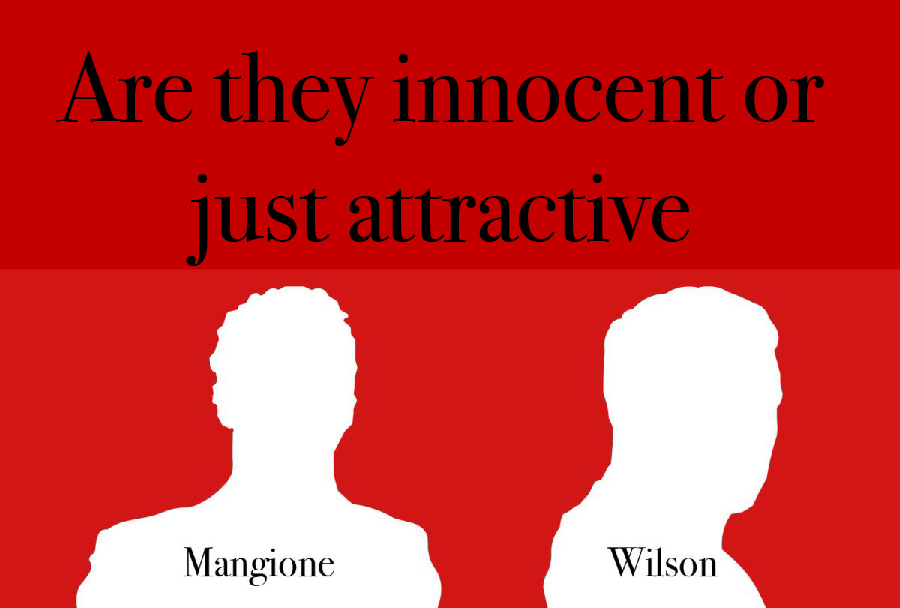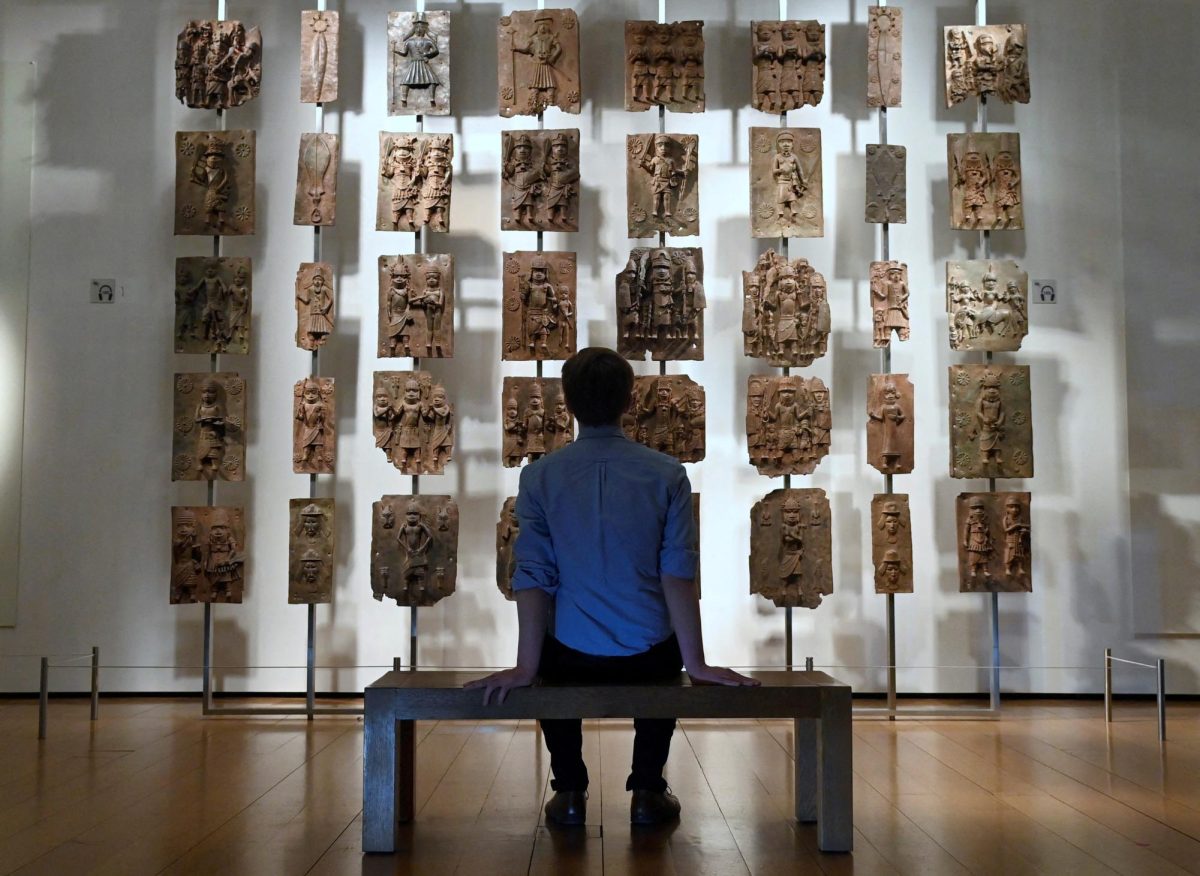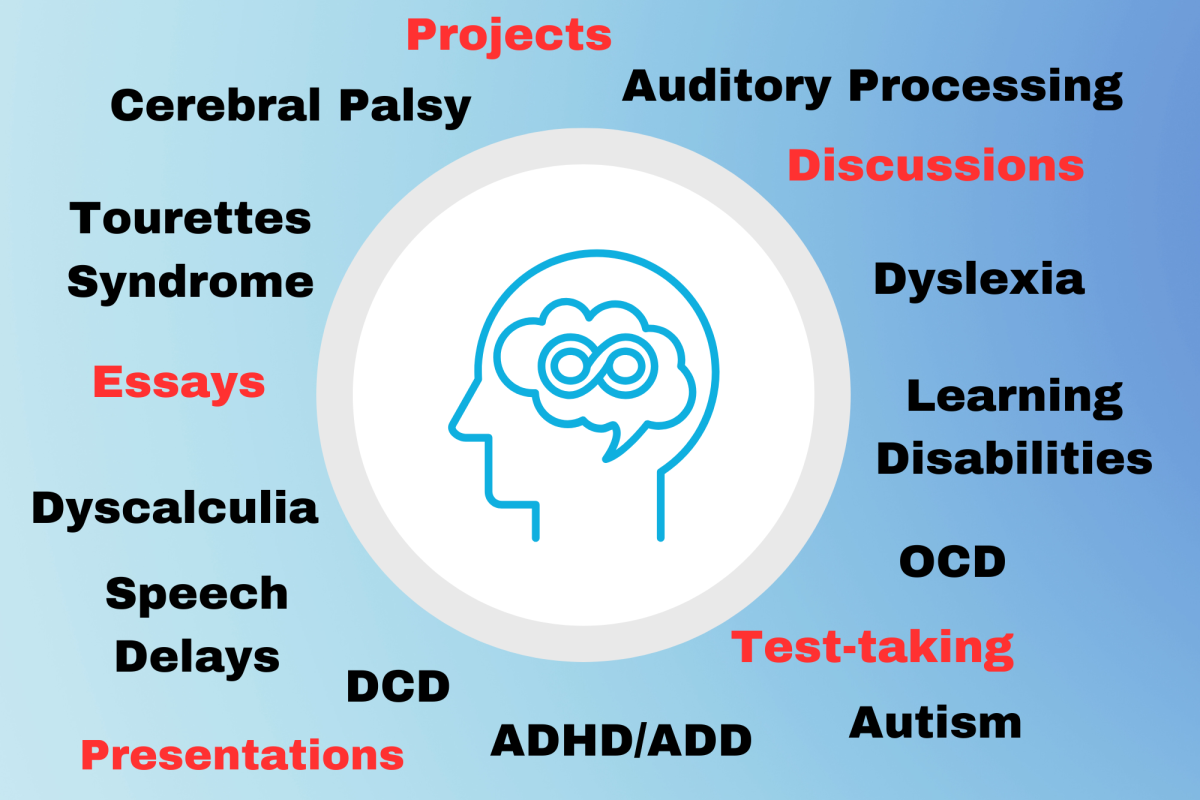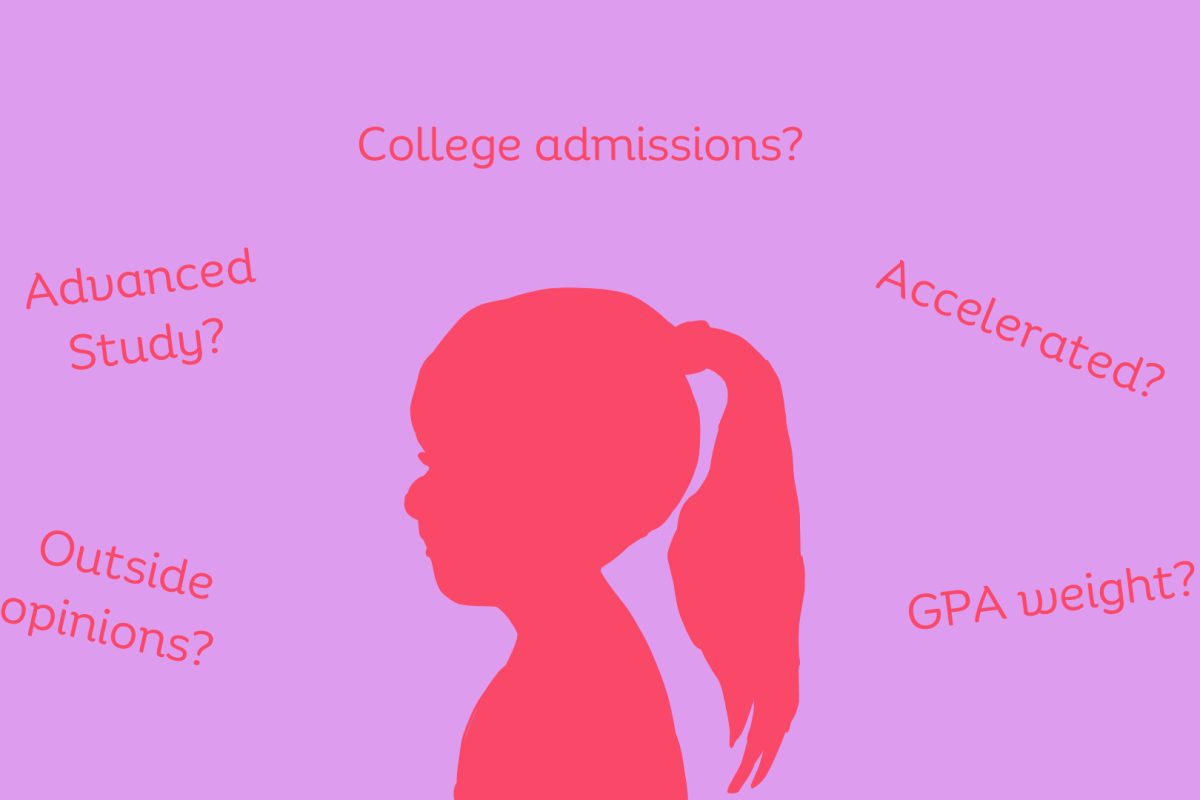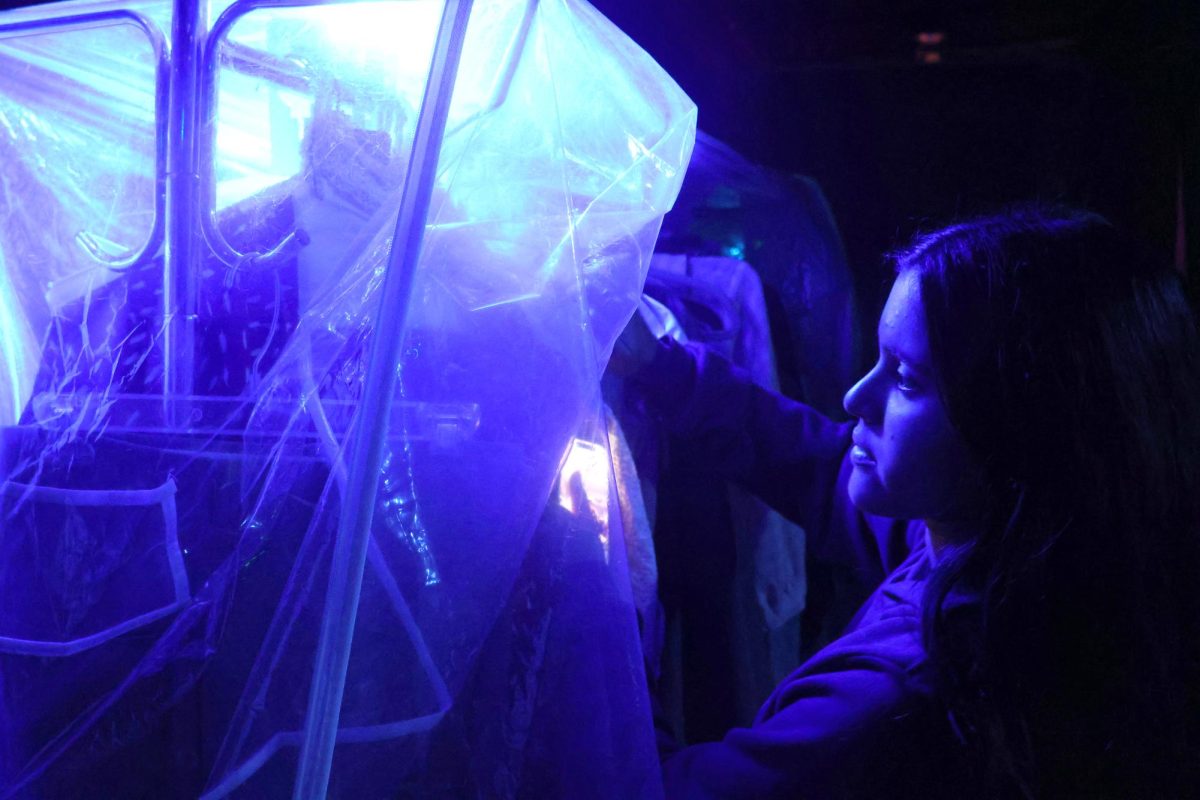Wade Wilson, also known as the “Deadpool Killer,” was sentenced to death in 2024 after being convicted for brutally murdering two strangers, Kristine Melton and Diane Ruiz, in 2019.
Wilson had a history of rape accusations, domestic abuse, sexual assault charges, kidnapping, assault, attempted drug trafficking and burglary. He has swastika tattoos etched in two different areas of his face, a tattoo reading “glory” and other offensive tattoos with apathetic and disgusting phrases. One of the tattoos quite literally says “HA HA HA.” Wilson also has ties to a white supremacy gang that tried to help him escape prison.
Judge Nicholas Thompson described his crimes as “heinous, atrocious, cruel…cold, calculated and premeditated.” If that wasn’t enough to convince you of his psychopathy, the fact his biological father testified against him should be evidence enough. Wilson’s reactions during the case were utterly sickening; he had no remorse and basked in the horror of replaying the murders.
One of the most disgusting aspects of his case is the unwavering support women showed him on social media, idolizing and glorifying him because they considered him conventionally attractive. In his first month in prison after his conviction, fans sent Wilson 3,903 messages, 65 letters and 754 pictures; 163 of the photos were rejected because of their “inappropriate nature.”
I initially discovered his case on social media years ago after his conviction but before the sentencing hearing. My interest in the judicial system and true crime often seeped into my “For You Page,” and I consistently looked out for major criminal cases. But when I saw “Save Wade Wilson” videos, hashtags, fundraisers and accounts flood my TikTok page, I felt sick. As a feminist, I was appalled by the videos editing him and trivializing his gruesome crimes. As a human being, my faith in humanity plummeted.
How could people support and worship a convicted abuser, rapist and murderer?
But when I looked in the comments section, it dawned on me: He was considered “hot.” Funny, right? Despite the swastika and white supremacist tattoos, people were still “thirsting” for him. It’s obvious that being attractive has benefits in Hollywood, bars, clubs and jobs. But I wrongfully assumed the public would not be influenced because of his egregious crimes.
Pretty privilege seeps into every aspect of our lives: employment, education, politics, social interactions and the legal system. The term “pretty privilege” references the social bias towards conventionally attractive people. This phenomenon is often overlooked and undermined because it is not outwardly pervasive, but its manifestations can be detrimental.
Sexualizing and glorifying criminals is not an anomaly. Back in December 2024, Luigi Mangione rose to fame after he was accused of murdering UnitedHealthcare CEO Brian Thompson. As of April 1, 2025, Mangione’s fans have donated $799,793 to his legal fund on GiveSendGo. While his case centers around healthcare, a prominent issue in America, Mangione’s support has exceeded well beyond his supposed form of “activism.” Truthfully, because of the turmoil surrounding the healthcare industry, no matter his looks, he would have gained support for “vigilante justice.”
However, we can’t ignore that Mangione is a 26-year-old wealthy Italian Ivy League graduate who is objectively attractive. He is portrayed as a modern antihero who has been compared to characters such as Batman, Robin Hood and Bonnie and Clyde. His mugshot has been decorated with heart emojis and shared throughout social media. On “The Late Show with Stephen Colbert,” Colbert discussed how merch is being rapidly sold, and he even talked about Mangione’s abs in a shirtless photo.
Wilson and Mangione’s cases are vastly different but share a common denominator: They both have a young, sexually driven fan base who centered their opinions around the offenders’ attractiveness. Their crimes are not the primary topic of discussion, but rather, their looks. Luckily, Wilson did not evade justice despite protests. As for Mangione, his case is currently being tried, but there is speculation about possible jury nullification.
While these two notable incidents made national headlines, there is an attractiveness bias throughout the entire judicial system. A study conducted at Cornell University found unattractive defendants were sentenced, on average, 22 months longer than their stereotypically attractive counterparts. Jurors may deem a less attractive person to categorically be “the type of person” to commit a crime.
We have grown up in a society where someone’s value is determined based on their physical appearance over merit. Everyone has internalized bias, and even if there is no automatic fix, being aware of this fact is how we make progress. We need laws and regulations in place to try and prevent physical privilege throughout institutions because, currently, there are no federal laws protecting discrimination on weight, height, tattoos, piercings, fitness levels and other physical characteristics.
To all of the jurors out there, please be hyperaware of your implicit bias and initial judgments on the defendant. Are they innocent, or are they just hot?



